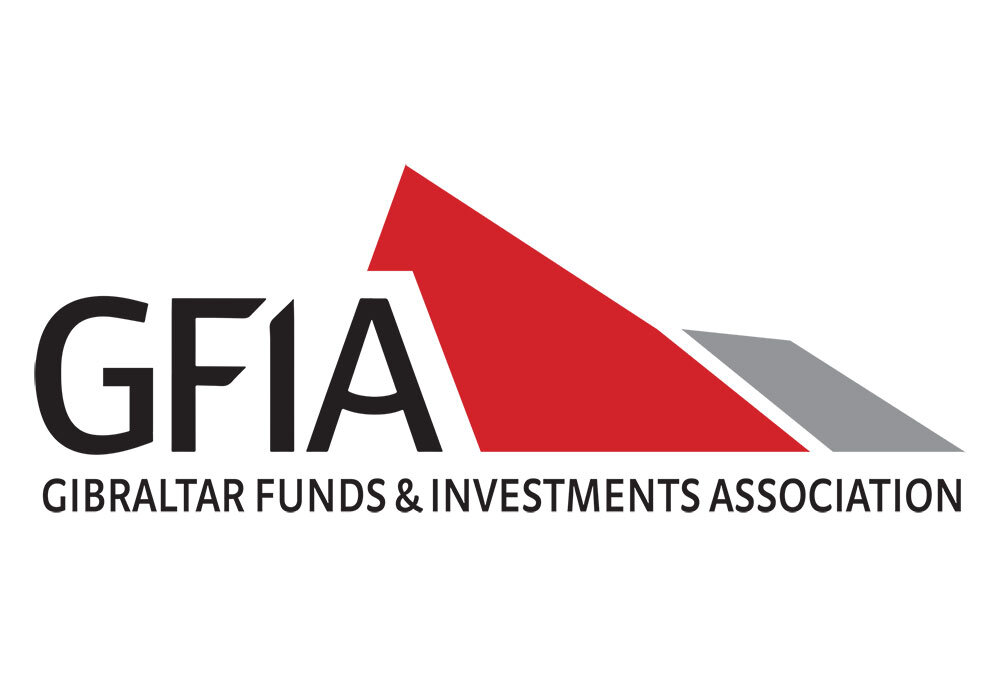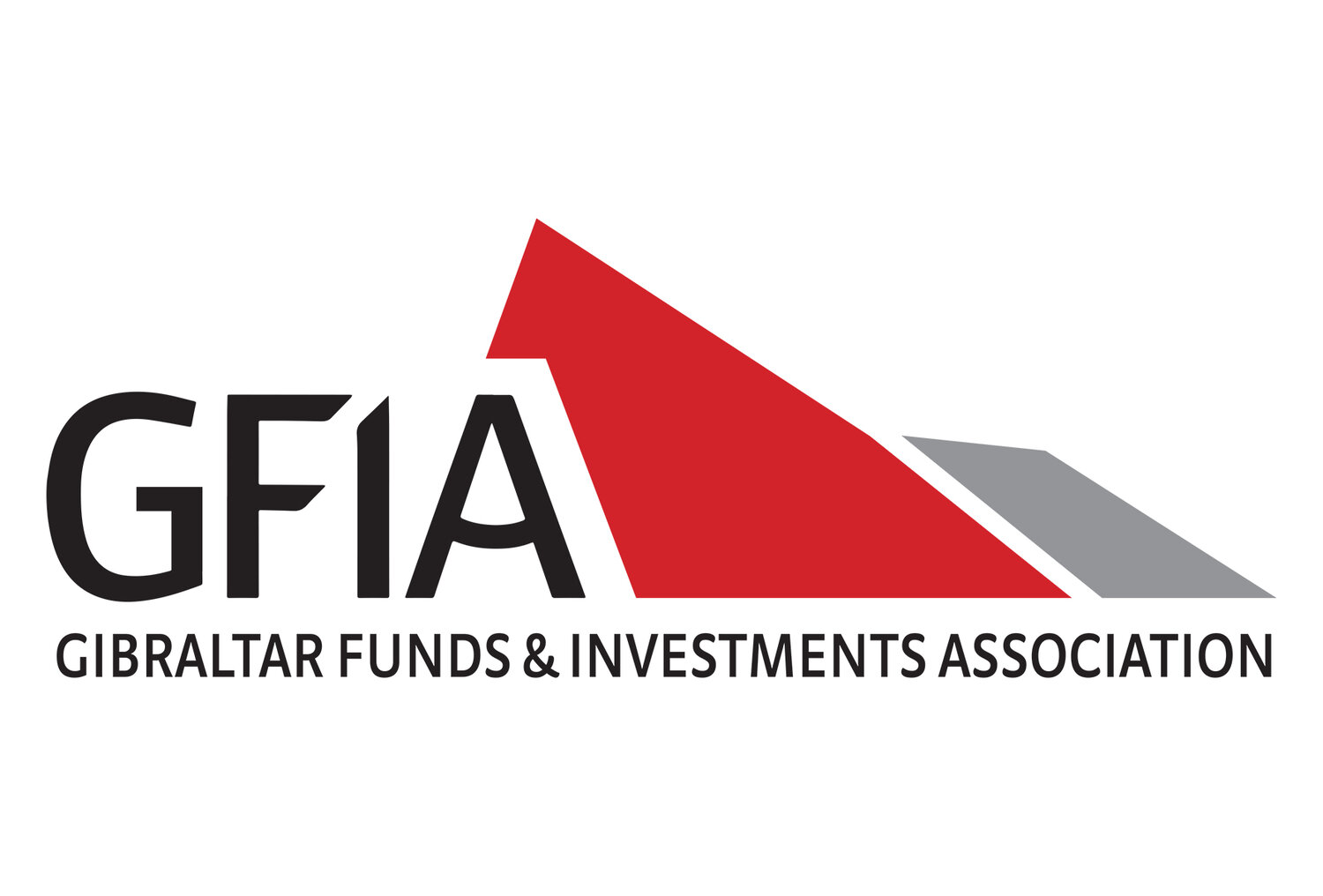Unlocking Banking Services for Crypto Funds: What Fund Managers Need to Know
The rapid growth of cryptocurrency funds has sparked a significant challenge: securing reliable banking services. Traditional banks have historically been cautious about working with crypto-related businesses, citing concerns about regulatory compliance, risk, and volatility. However, the landscape is changing, and fund managers must understand how to unlock banking services to operate smoothly.
Below are key considerations and strategies for fund managers looking to bridge the gap between traditional banking and cryptocurrency.
1. Regulatory Compliance and Transparency
One of the most critical steps for fund managers is ensuring strict compliance with both local and international regulations. Many banks hesitate to work with crypto funds because they view the industry as high-risk from a regulatory standpoint. Fund managers should consider the following:
Know Your Customer (KYC) and Anti-Money Laundering (AML) Practices: Implementing strong KYC and AML protocols is essential to meet regulatory standards. Banks will require assurances that the crypto fund complies with these regulations to mitigate risks associated with illicit activities like money laundering or fraud.
Licensing: Depending on the jurisdiction, securing the appropriate licensing is essential. For instance, funds operating in regions with strong regulatory frameworks (like Europe or Singapore) may need to apply for a virtual asset service provider (VASP) licence. In Gibraltar, Experienced Investor Funds need to be registered with the regulator, whilst Private Funds do not require pre-approval from the Gibraltar Financial Services Commission (GFSC).
Transparent Operations: Full transparency about the fund's operations, including how the fund generates returns and manages assets, will give banks more confidence. Detailed documentation, regular audits, and clear operational models improve trust.
2. Establishing Relationships with Crypto-Friendly Banks
Many traditional banks are still hesitant to serve crypto clients, but a growing number of financial institutions are embracing the sector. Fund managers should explore banking relationships with institutions that:
Specialise in Fintech and Crypto Services: There are banks that cater specifically to digital assets and cryptocurrency funds. These banks are more likely to understand the specific needs of crypto funds and are willing to offer services like fiat-crypto conversion, custodial services, and corporate banking.
Neobanks and Digital Banks: Neobanks that operate with a fintech-first approach can be more open to working with crypto funds, especially those that understand blockchain technology. While they may not be household names, they offer critical services, often with faster onboarding.
Offshore and International Options: In some cases, fund managers may find more receptive banking environments in offshore jurisdictions like Gibraltar, Malta, the Cayman Islands, or Liechtenstein, which have more established crypto regulations and banking services catering to crypto clients.
3. Demonstrating Risk Management
Crypto funds often face scrutiny because of the perceived volatility and riskiness of the underlying assets. Fund managers need to show banks that they have robust risk management strategies in place:
Hedging Strategies: Implementing financial instruments like options, futures, and swaps to hedge against market volatility shows that the fund is managing risk prudently.
Diversification: Demonstrating a diversified portfolio that includes stablecoins or a mix of traditional and crypto assets can make a crypto fund more appealing to banks, showing that it isn't solely reliant on volatile assets.
Insurance: Crypto funds that insure their assets can offer additional protection and reassurance to banking partners.
4. Liquidity and Solvency
Banks will prioritise clients that can demonstrate adequate liquidity and solvency. Crypto fund managers should:
Maintain a Strong Fiat Reserve: Having a reserve of fiat currency alongside crypto assets assures banks that the fund can meet any fiat obligations, such as redemptions, without relying solely on liquidating volatile assets.
Showcase Stable Capital Flows: Demonstrating consistent capital inflows and outflows with supporting documentation, such as transaction histories and balance sheets, can further ease concerns.
5. Adopting Blockchain Analytics
In addition to compliance and operational transparency, fund managers can leverage blockchain analytics to provide deeper insights into their transactions. Blockchain analysis tools (e.g., Chainalysis, Elliptic) allow funds to monitor transactions for suspicious activities and provide clear, audit-friendly records. These tools can give banks confidence that the fund is proactively managing risk.
6. Partnerships with Legal and Regulatory Experts
Establishing solid banking relationships often requires legal expertise. Fund managers should consider working with legal experts who specialise in crypto and financial services regulations. These experts can help navigate complex regulatory landscapes and negotiate with banks to ensure compliance and smooth integration.
7. Banking of Crypto Funds in Gibraltar
Unlocking banking services for cryptocurrency funds requires a multi-pronged strategy that emphasises compliance, risk management, and strong relationships with crypto-friendly institutions. Fund managers who invest in regulatory adherence, partner with the right service providers, and clearly demonstrate the fund’s operational stability are more likely to secure the banking services necessary for success.
Gibraltar meets all the necessary criteria in this respect and is ranked within the top tier of crypto fund jurisdictions.
The Gibraltar Funds and Investments Association (GFIA) introduced a Crypto Funds Code of Conduct in 2018, making Gibraltar a pioneer in this area. This code, which was updated in 2022, offers specific guidelines for crypto funds, addressing their unique operational and regulatory challenges. It applies on a "comply or explain" basis, ensuring flexibility as the industry evolves.
Key aspects of the code include:
Corporate Governance: It emphasises the need for robust governance and board oversight, ensuring the entire board is involved in decision-making, particularly independent directors.
Risk Management: It requires boards to implement and monitor effective risk management frameworks, including for digital asset custody, counterparty risks, and money laundering threats.
Valuation and Security: The code promotes transparency and due diligence, particularly in asset valuation and the safekeeping of digital assets, acknowledging the nascent state of crypto custodians.
Trading Practices: Funds are encouraged to use regulated exchanges and conduct thorough due diligence on their trading venues.
Anti-Money Laundering (AML): The code highlights the need for enhanced AML measures, such as verification of digital asset ownership and screening wallet addresses.
This comprehensive framework is designed to maintain flexibility as the crypto space grows, helping Gibraltar attract and support crypto funds globally.

